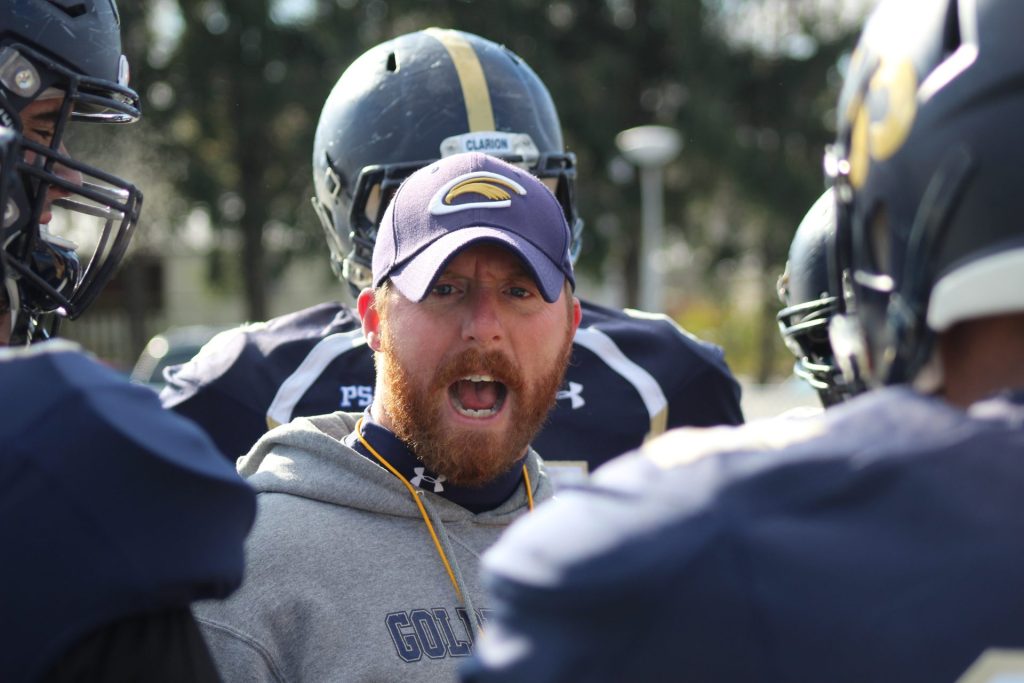The danger of athlete abuse


Let's talk about athlete abuse. It is not always sexual although abusive behavior by coaches can certainly lead to sexual abuse.
Dr. Ben Tepper, from Ohio State University’s Fisher College of Business, has made the study of abusive leadership in the workplace his specialty. He is quoted as saying, "The reason for the high level of leadership abuse in college sports appears to be the extreme amount of control that college coaches have over their athletes, along with the stress that comes with the pressure to win, and vulnerable athletes with nowhere to turn and no union to support them."
According to Dr. Tepper, abusive behavior requires a combination of a person in a power position working with someone who is very weak and vulnerable, who can’t really protect themselves. And that is the crux of the problem in sports.
Athletes are taught to obey and to respect their coach no matter how verbal or in some cases, physical, the abuse is. When coaches or anyone in an authority position of power over an athlete crosses the line, it can be difficult for the athlete to come forward or to even recognize that a line has been crossed.
An article in Global Sports Matters addresses the issue by asking, "when does so-called 'tough coaching' cross the line into abuse?"
An answer to that question lies with the research that has been conducted by researchers. They have identified behaviors including belittling, humiliating, shouting, scapegoating, rejecting, isolating, threatening, and ignoring as forms of emotional abuse.
How does emotional abuse sometimes result in sexual abuse? Control. The coach has 100% control over the athlete. A coach can make athletes learn to not trust themselves and their own intuition about a situation.
Texas Southern University went as far as prohibiting all contact outside of practices and games between the school’s women’s head basketball coach and the athletes on the team. The reason given was that the coach allegedly had a long pattern of subjecting athletes to abusive behavior. The new policy prohibits in-person and virtual contact and even communications through third parties.
Schools must continue doing more to address the imbalance of power between a coach and an athlete. Failure to do so will lead to more Larry Nassar-type cases.
‘A Mental Health Battle’: How Abusive Coaching Impacts College Athletes
‘A Mental Health Battle’: How Abusive Coaching Impacts College Athletes
Levels of Abusive Behavior By Coaches in College Sports is Shocking
Levels of Abusive Behavior By Coaches in College Sports is Shocking
